Myrrh Essential Oil 10ml
€8.93 €7.44 με ΦΠΑ
Myrrh is a resin, a liquid substance derived from a tree called Commiphora myrrha, commonly found in Africa and the Middle East. Myrrh is botanically related to frankincense and is one of the most widely used essential oils in the world.
The Kommiforos or myrrh tree is typical due to its white flowers and trunk. At times, the tree has very few leaves due to the dry conditions of the desert where it grows. It can sometimes take on a weird shape due to the hard weather and wind.
To harvest myrrh, tree trunks must be drilled to release the resin. The resin is allowed to dry and begins to look like tears along the trunk of the tree. The resin is then collected and the essential oil is produced from the liquid by steam distillation.
Out of stock
Myrrh is a resin, a liquid substance derived from a tree called Commiphora myrrha, commonly found in Africa and the Middle East. Myrrh is botanically related to frankincense and is one of the most widely used essential oils in the world.
The Kommiforos or myrrh tree is typical due to its white flowers and trunk. At times, the tree has very few leaves due to the dry conditions of the desert where it grows. It can sometimes take on a weird shape due to the hard weather and wind.
To harvest myrrh, tree trunks must be drilled to release the resin. The resin is allowed to dry and begins to look like tears along the trunk of the tree. The resin is then collected and the essential oil is produced from the liquid by steam distillation.
Myrrh oil has a sweet or sometimes bitter odor reminiscent of tobacco. The word myrrh comes from the Arabic word “murr” which means bitter. The oil is a yellowish-orange color with a viscous texture. It is usually used as a base for perfumes and other fragrances.
Myrrh essential oil has been used for thousands of years in traditional therapies and religious ceremonies. Common myrrh oil has historically been used for:
- Fragrance
- Embalming
- Food flavoring
- Treatment of fever
- As an antiseptic for cleaning and healing wounds
- As a paste to stop bleeding
The Chinese often used myrrh as a medicine and it remains part of traditional Chinese medicine to this day. The basic use of the oil by the Egyptians was for embalming and the Jews used it to make the holy anointing oil used in worship services.
The most common historical use of myrrh oil was to burn the resin over hot coals. This would unleash a mysterious, spiritual quality on every room before a religious ceremony. It has also been used in aromatherapy for its meditative quality or for prayer, usually in combination with frankincense.
Myrrh essential oil is still used today as a remedy for a variety of ailments. Researchers have begun to take an interest in myrrh because of its powerful antioxidant activity and its potential as a cancer treatment. It has also been shown to be effective in fighting certain types of parasitic infections.
Let’s look at the benefits of Myrrh essential oil :
- Antioxidant
- Anticancer Benefits
- Antibacterial properties
- Antifungal properties
- Antiparasitic
- Skin health
- Relaxation
| Quantity | 10ml |
|---|---|
| Κατασκευαστής | Divinum |
Precautions
Myrrh has some side effects that must be considered before using it therapeutically. As always, it is best to talk to your doctor first.
As one of the most common uses of myrrh is topical, people with sensitive skin need to be careful. Myrrh has been found to cause dermatitis or skin inflammation in some people. Always try it on a small area before applying it all over the skin to make sure you do not have an allergic reaction.
Taken internally, myrrh can cause stomach upset and diarrhea. Although generally not severe, chronic diarrhea can lead to dehydration, so stop using it if you have gastrointestinal problems.
Pregnant women should avoid taking myrrh because it can enhance uterine contractions.
Another potential side effect of myrrh is heart disease and lowering of blood pressure, although this is mainly seen in high doses greater than 2-4 grams per day. Anyone with a medical condition related to the heart should consult a doctor before using myrrh essential oil.
Myrrh can lower blood sugar, so it is not recommended for people with diabetes or other blood sugar conditions. As it interacts with blood glucose, it is also not recommended for people undergoing surgery and it is best to stop using it at least two weeks before surgery.
Myrrh essential oil is not recommended for people taking anticoagulants such as warfarin (common names Coumadin and Jantoven), as they may have possible interactions with this medicine. It is also not recommended for people taking medication for diabetes, as there is a possibility of drug interaction.
Only logged in customers who have purchased this product may leave a review.

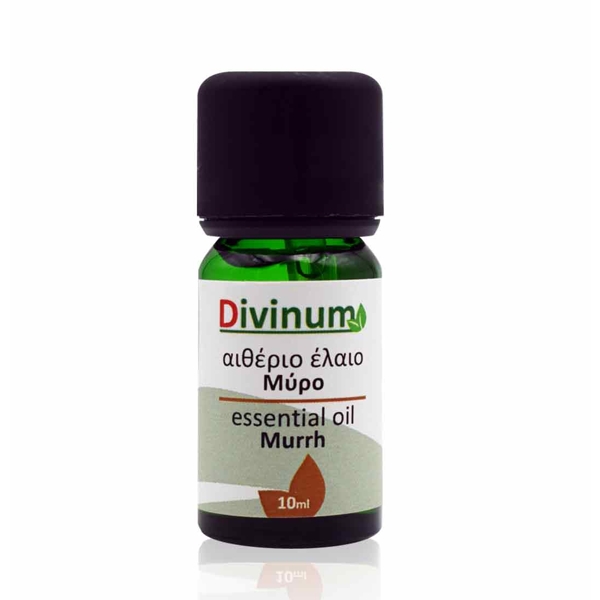
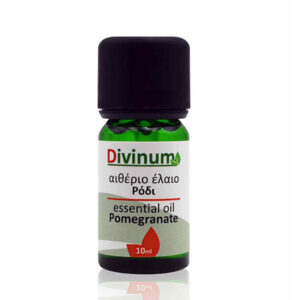
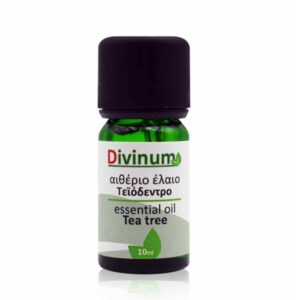
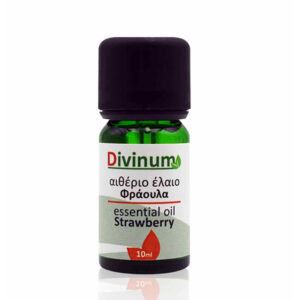
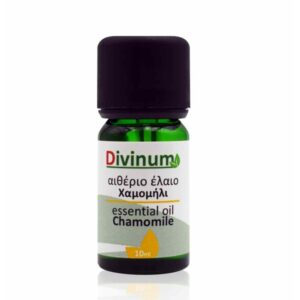

Reviews
There are no reviews yet.